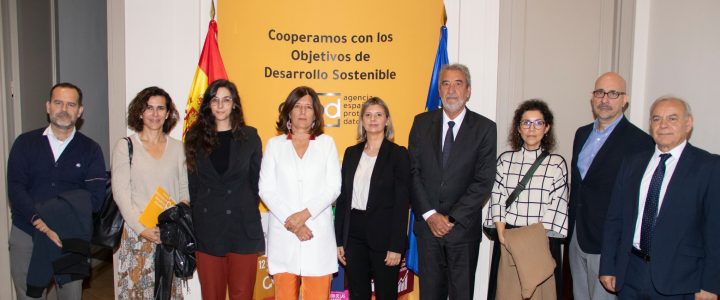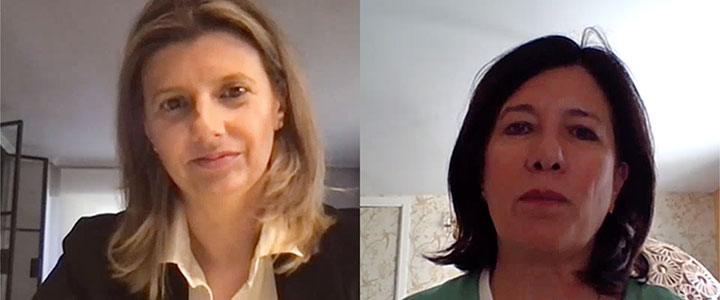The use of technological tools in education is already common in primary and secondary schools, but over the past few months it has also become part of the debate about the possible negative effects of the use of technology among minors. Digitalisation in education, as in so many other areas, creates many benefits and opportunities. But at the same time, unfortunately, it opens the door to possible abuses by the big Internet giants, who base their business on the use of data, in this case data from a vulnerable population, that is, minors.
Read moreWhy the Spanish Data Protection Agency does not like Google Workspace for Education





